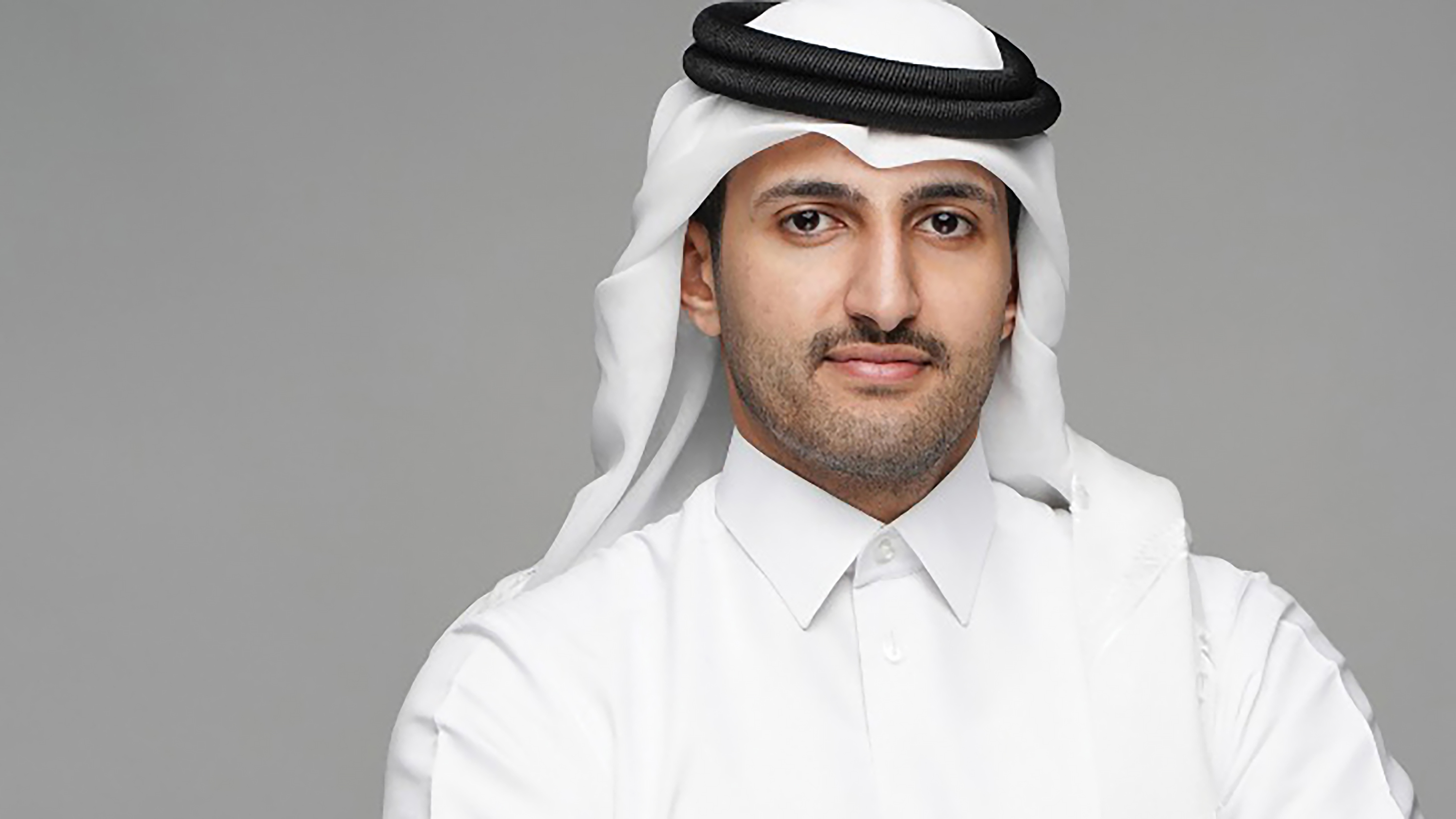The World Cup’s socioeconomic legacy will continue to shape Qatar’s future

Sheikh Ali Alwaleed Al-Thani, CEO of the Investment Promotion Agency of Qatar, talks to James King about the country’s diversification strategy and investment priorities.
Q: As Qatar moves on from the Fifa World Cup, in what ways has the tournament helped to shape the country’s profile as an investment destination?
A: The successful organisation of this mega tournament has significantly raised Qatar’s, and the region’s, profile globally, both for businesses looking to invest and changing perceptions towards the region. Qatar has hosted hundreds of sporting events in the past 15 years, culminating with the most recent World Cup.
The accelerated recognition of Qatar’s successful hosting supports our efforts to showcase the country as a financial, advanced manufacturing, sports and cultural hub. The tournament accelerated the development of a knowledge-based economy, increasing the country’s attractiveness for foreign direct investment (FDI), which is crucial for economic diversification. Non-hydrocarbon sectors’ contribution to gross domestic product (GDP) is close to two-thirds of the economy, increasing from 47% to 63% since 2010.
The tournament’s socioeconomic legacy will continue to shape Qatar’s future, reinforcing its reputation as a destination for not only international events but also for investments and businesses. Capitalising on the momentum for sustainable growth, Qatar has planned several significant projects post-World Cup. The 2050 Transport Plan alone anticipates the awarding of 22 new projects in 2023 at a total cost of $2.7bn. Qatar is well positioned to attract a wider base of regional and international investors.
Q: What are the Investment Promotion Agency of Qatar’s (IPA Qatar’s) priority investment sectors, and how do they align with the country’s economic diversification strategy?
A: Complementing Qatar’s ongoing diversification strategy, IPA Qatar has identified several priority sectors, including advance manufacturing, ICT, digital, sports, fintech, logistics and transport, healthcare, real estate and tourism. In addition, IPA Qatar also focuses on several emerging sub-sectors including agriculture, climate-related technologies and digital transformation.
Several sectors stand out with significant potential in parallel with the global developments. The healthcare sector became particularly critical after the [Covid-19] pandemic and the sector has a strong footing in Qatar, with a spending of nearly $5.8bn in 2022. The country is currently ranked first in the Gulf Co-operation Council (GCC) region on the Global Health Security index.
Qatar’s sports sector is set to be valued at $26bn by 2025, with several major sporting events to be hosted in Qatar in the coming years, including the Asian Football Confederation Cup 2023, the World Aquatics (formerly Fina) World Swimming Championship Doha in 2024, the Fiba Basketball World Cup in 2027, and the Doha Asian Games in 2030.
Similarly, the digital sector is set to exceed $5.7bn by 2026. In terms of logistics capacities, Qatar is home to the world’s leading international air cargo carrier and the region’s fifth-largest port. The local logistics market is forecast to outpace all competitors in the GCC region between 2020 and 2026, ranking in the top 20% globally and second in the Middle East.
Q: How is IPA Qatar attracting sustainable and green investments?
A: IPA Qatar aims to attract sustainability-conscious investors. It offers investment solutions, eases access to government incentives and connects investors to the relevant stakeholders to channel their investments into sustainable opportunities that offer long-term profitability.
Qatar has created a favourable environment for green and blue investments and has emerged as a hotspot for environmentally aligned projects, offering more than $75bn in sustainable investment opportunities by 2030. We are focusing on further developing the non-oil sectors, guided by our National Climate Change Action Plan 2030 (NCCAP), which emphases renewable energy, the circular economy in construction and waste management, and extensive digital transformation.
The recently launched NCCAP, the National Environment and Climate Change Strategy 2021, and the creation of a dedicated Ministry for Environment and Climate Change further strengthen Qatar’s commitments to protecting the environment on a global scale.
Q: Is IPA Qatar confident that the country can maintain its positive FDI momentum against a darkening global economic backdrop?
A: Qatar’s economy has proven its resilience during recent global and regional challenges. Qatar emerged out of these headwinds stronger and improved its risk profile for potential investors. All three of the major rating agencies attested the country’s successful management with upgrades. Having the lowest risk profile among peer countries demonstrates the trust and investment appetite into the country and reflects the expectation of continued positive momentum.
Unique offerings to potential investors are further supported by solid growth performance. Qatar has maintained an average GDP growth of 4.5% since 2010. Recent reports, such as the World Bank’s latest Economic Prospects, expect Qatar to maintain a superior economic growth compared to the rest of the Middle East and north Africa region, with a 3.4% GDP growth in 2023.
The International Monetary Fund’s (IMF’s) latest Economic Outlook also reaffirms the continuation of strong fiscal and external balances. The IMF also expects Qatar’s GDP to grow at 3.7% in 2027.


